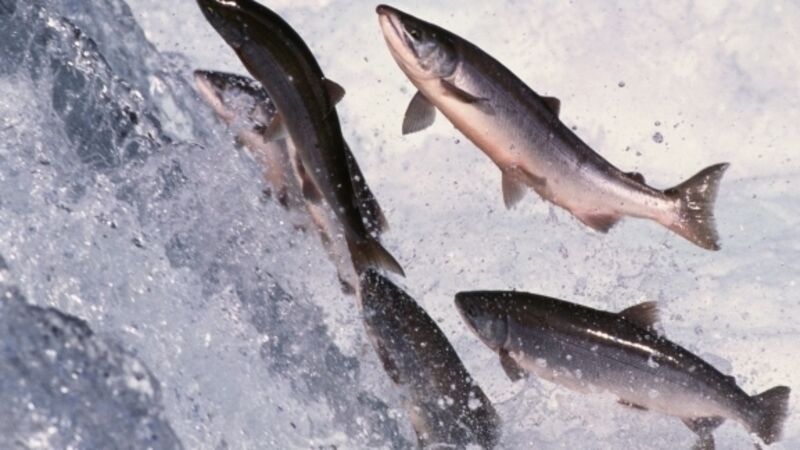Let’s agree to salmon farms — but on land

Its advocates argue it is a clean, sustainable way to produce food and create employment, often in remote areas. Its opponents say it is a dirty, destructive arm of the industrial food sector that damages any environment it is introduced to. They also say salmon farms pose a lethal threat to wild salmon and sea trout populations.
Some of these beliefs will be tested in Bantry next month when plans for a Marine Harvest salmon farm at a 106-acre site at Shot Head will be the subject of scrutiny under the auspices of the Aquaculture Licences Appeals Board.











